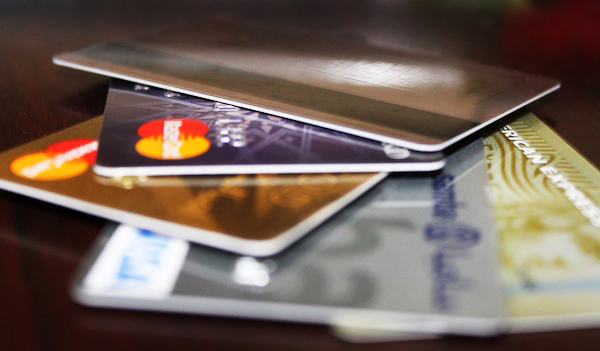Credit Cards & Loans
‘Should I cancel my unused credit cards?’

Guest Author:
Jon RobertsAs spring is upon us it’s the perfect time to take a look through your wallet. This could mean clearing out old and unused credit cards, but before you do it’s important to know the pros and cons.
Used or not, credit cards may impact future lending decisions
Before issuing credit cards all providers will check the applicant’s credit report. They will make a lending decision based on your credit score and the higher the score the more likely you will be accepted.
There are many factors that impact your credit score, and having unused credit cards are often considered to be one of them. Lenders will see unused cards and consider that you already have access to a large amount of credit, even if you’re not actually using it, and will raise questions around the need for further credit. Using your card and making payments in a sensible way is key to ensuring you have a positive history of debt repayment which are key behaviours lenders consider.
Every lender is different and there’s no definitive rule, but in some circumstances having lots of unused credit might lower your chances of getting access to credit in the future. This is because it could mean lenders view you as having access to a good amount of credit already, so giving you access to more could be risky.
Remember too that old cards might be registered to old addresses. This can also be a red flag for potential providers looking at your credit file. Consistency is key to a high credit score.
Stay in control of available credit
As part of good money management, you should always monitor your use of credit. If you have unused credit cards it can be more difficult to have a full grasp of your personal finances. It’s best practice to keep things simple when it comes to your incomings and outgoings. If you’ve got multiple credit cards, some of which you don’t use, you could find it trickier to manage your money.

Wellness and wellbeing holidays: Travel insurance is essential for your peace of mind
Out of the pandemic lockdowns, there’s a greater emphasis on wellbeing and wellness, with
Sponsored by Post Office
There’s an added risk that if you have credit cards you don’t use, you might become more lenient with your fraud prevention tactics. While your card provider will be looking out for anything unusual you might fail to notice straight away if someone else is using your card if you’re not using it yourself.
Your credit card may no longer be the most appropriate for your needs
As our lives change, so do our finances. You may find that your unused credit card is no longer suitable for your needs. If so, cancelling one card and taking out another will be advantageous. There are a range of credit cards available, such as a balance transfer card which is useful for consolidating debt from other cards, or an instalment card which will help you to manage your payments in small chunks.
Remember too that some credit card providers will allow customers to change from a product that no longer meets their needs to a new one within their range of acquisition offers.
Avoid annual fees
Some credit cards charge an annual fee, so if you find yourself no longer using that credit card, it makes sense to cancel it.
However, keep in mind that on the other hand, holding onto unused credit cards could prove beneficial depending on your circumstances.
Credit cards offer a secure alternative payment method
Having at least one credit card offers a safety net on purchases over £100 because of Section 75 of the Consumer Credit Act. Through Section 75, the law states that credit card companies are equally liable if there is a problem with a purchase. So, if for some reason you don’t receive your goods or services as per the terms of the sale you entered into your card provider could help you to get your money back.
Provide access to funds in an emergency
Most people don’t always have access to a large pot of spare savings. That’s why credit cards can be useful for emergencies especially ones that have an interest-free period on purchases.
Jon Roberts is Lloyds Banking Group’s director of cards